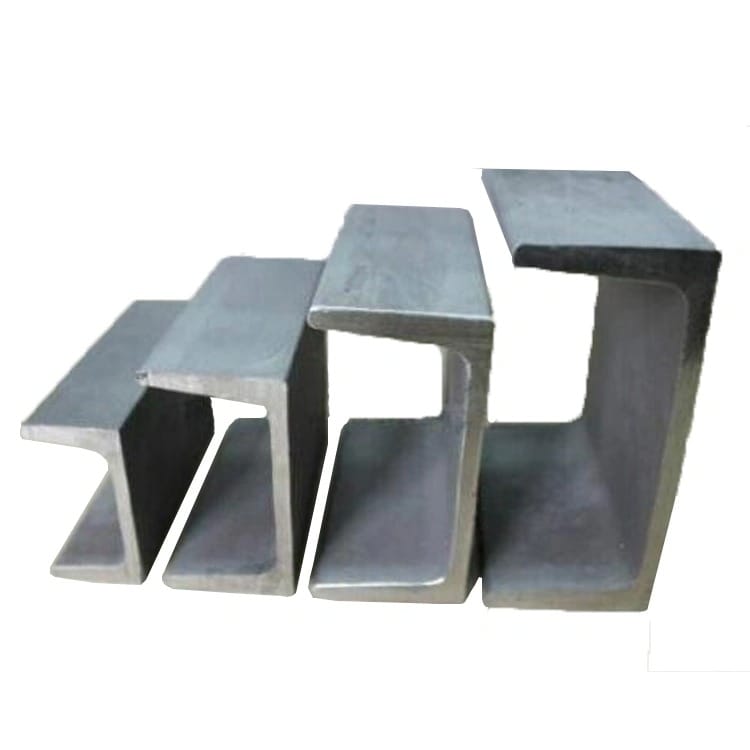“Reciprocal tariffs” have become an unstable factor in the stable development of the global economy
On April 15, US President Trump signed an executive order to investigate the national security risks posed by the United States’ reliance on imported processing of key minerals and their derivatives. The executive order specifically emphasized: “Chinese goods exported to the United States face tariffs of up to 245%.
The tariff war is intensifying. Looking back at the beginning of April, Trump signed the executive order “Adjusting Imports through Reciprocal Tariffs to Correct Trade Practices that Cause Continued Huge Deficits in US Goods Trade”, brazenly announcing the imposition of tariffs on almost all countries and regions in the world. This executive order is euphemistically called “solving the trade deficit”, but in fact it is under the banner of “increasing fiscal revenue”, “promoting industrial repatriation” and “boosting domestic employment”, covering its trade protectionism with the cloak of economic security. This has not only aroused strong condemnation from the international community, but also led to turbulence in the global supply chain, financial market shocks, and damage to the economies of many countries. Obviously, the “reciprocal tariffs” promoted by the United States have become the biggest destabilizing factor in the stable development of the global economy.
The introduction of the policy has triggered a lot of international criticism
As soon as the policy came out, it immediately attracted a lot of criticism and dissatisfaction from the international community.
On April 3, Paul Krugman, an American economist and Nobel Prize winner in economics, publicly commented that Trump has “gone crazy and out of control” on trade issues. Hildegard Mueller, president of the German Association of the Automotive Industry, also publicly criticized the US “reciprocal tariff” policy on the same day, saying that it completely deviates from the global trade system based on WTO rules and the foundation of global value creation and economic growth. Bill Ackman, a well-known American hedge fund manager who supported Trump in last year’s US presidential election, publicly accused the Trump administration of tariff policies on April 6, saying that it was equivalent to launching a nuclear war in the economic field. Busani Ngkaweni, a senior researcher at the University of Johannesburg in South Africa, was more straightforward and “spicy”, saying that the US tariff policy is tantamount to an economic “weapon of mass destruction”.
WTO Director-General Nweala said in response to the US “reciprocal tariff” policy that the US tariff increase may lead to an overall contraction of global commodity trade volume by about 1% this year, which will have a huge negative impact on global trade and economic growth prospects.
On April 7, European Commission President Ursula von der Leyen said that due to the impact of the “reciprocal tariff” policy of the Trump administration on international trade, the EU is seeking to conduct more trade in other parts of the world outside the United States. According to a comment published by the Swiss newspaper Neue Zürcher Zeitung on April 8, the “reciprocal tariff” policy of the US authorities lacks strategic vision. The comment pointed out that American protectionism will not only fail to open a new golden age for it, but will make consumers and producers pay a heavy price for it.
At the same time, in response to the impact of “reciprocal tariffs”, several German research institutions jointly lowered their expectations for the country’s economic development. According to the joint economic forecast report released on April 10 by the German Institute for Economic Research, the Munich Institute for Economic Research, the Kiel Institute for the World Economy, the Halle Institute for Economic Research and the Leibniz Institute for Economic Research, the German economy is expected to grow by only 0.1% in 2025, a sharp drop from the 0.8% growth forecast last fall. According to the report it published, the German economy is still in deep crisis, and the US trade protectionism policy has put pressure on the German economy. Thorsten Schmidt, head of economic research at the Leibniz Institute for Economic Research, recently said that the German economy faces cyclical and deep-seated structural problems that cannot be solved by increasing government spending alone; problems such as the shortage of skilled workers put pressure on long-term economic growth, and Germany urgently needs structural reforms.
Multiple countries oppose and counterattack
Although the international community is dissatisfied with the opposition, criticism and accusations, the US government still insists on its own way. Against this background, many countries have begun to launch countermeasures or express their views.
On April 9, local time, EU member states voted to pass the first round of tariff countermeasures against the United States, which will impose a 25% tariff on a series of US products, mainly targeting US steel and aluminum tariffs. It is understood that the first round of EU countermeasures involves goods worth about 21 billion euros (about 23.871 billion US dollars). The European Commission said that the EU government believes that the US tariffs are “unreasonable and destructive” and have caused damage to both sides and the global economy. According to the latest report by AFP on April 14, the EU said on the same day that it would postpone the implementation of retaliatory tariffs until July 14 to allow time for negotiations. French President Emmanuel Macron publicly denounced the US tariff policy as “cruel and unfounded”. Macron also said that it was unreasonable for the US to enjoy billions of euros of investment from European companies while imposing tariffs on Europe, and called on French companies to suspend investment in the US. For now, the EU government is accelerating the signing of free trade agreements with ASEAN, Latin America and other regions to reduce its dependence on the US.
According to Cailian News Agency, citing foreign media reports, Canadian Prime Minister Carney recently said that US President Trump once again violated existing trade agreements and imposed unreasonable tariffs on Canada. He believes that the United States “is no longer a reliable trading partner” and that the “era of close relations between Canada and the United States is over.” “Canada will counter US tariffs with our own retaliatory trade actions.” He said. On April 9, Canada officially launched a 25% tariff on US cars. This tax rate is “completely equivalent” to the tariffs imposed by the United States on Canadian cars.
It is worth noting that although the United States did not include Mexico in the “reciprocal tariff” list, Mexican President Scheinbaum held a press conference on April 3 to announce that it would launch 18 measures to revitalize the national economy to mitigate the possible impact of Trump’s tariff policy. ASEAN, the world’s fifth largest economy, also issued a joint statement on April 10, condemning US policies for disrupting supply chains and investment flows, and calling for the resolution of disputes through the WTO mechanism.
On April 16, Sheng Laiyun, deputy director of the National Bureau of Statistics, answered questions from the media about the impact of the US “reciprocal tariffs” on China’s GDP at a press conference held by the State Council Information Office. He said: “In the short term, the US’s imposition of high tariffs will bring certain pressures to our country’s foreign trade and economy, but it will not change the general trend of China’s continued long-term economic improvement. China’s economic foundation is stable, resilient and has great potential. We have the confidence, ability and confidence to cope with external challenges and achieve our established development goals.”
Inflation is intensifying, allies are “centrifugal”, supply chain costs are rising… The short-term “benefits” of the US’s abuse of tariffs may be far less than the long-term costs it needs to pay. John Miller-White, executive chairman of the US-China Cooperation Foundation, said on a media platform on April 11 that the US government’s imposition of tariffs is a tragic mistake for itself and the world. The tariff war will undermine the stability of international policies, cause higher costs for American consumers and businesses, and reduce the United States’ influence in the process of economic globalization.





